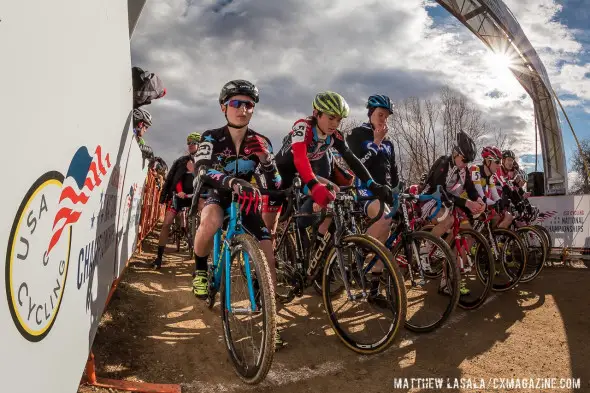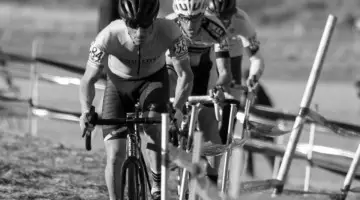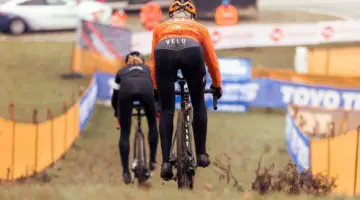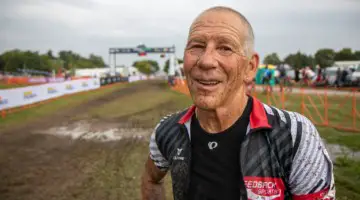Why do you race? For those that race, they know. Or they at least have an idea of what it is about racing that keeps them lining up. And for those that don’t race or haven’t in some time, any answer a dedicated racer gives can sometimes sound like a foreign language.
For those of us that race there’s value to the exercise of finding an answer to the question. The answer gives us purpose for everything we do on the bike leading up to and including racing itself, and it gives us a sense of understanding of, well, why we’re doing this in the first place.
For this Training Tuesday, Adam Myerson from Cycle-Smart walks us through why he races and shows us the importance of asking the question in the first place.
by Adam Myerson
A few years ago a client came to me with a difficult but common question. She was having some challenges in her life outside of cycling, and it was making it difficult for her to maintain her focus and motivation for another racing season. At the same time, her racing goals were important to her and she did not want to give them up.
The advice she sought had nothing to do with how to train or what intervals to do because her problems were existential, not physiological. So, she asked me, why do I race? What is it that keeps me in the sport year after year? And what could she do to keep that spark? It’s not an easy thing to explain. Much like being in love with a person, you know the answer to “why” in your heart, but you might not be able to verbalize or even conceptualize it. You just know. The reasons you race can be similar. You love to do it, sure, but do you know why?
Before you take steps to hire a coach, start a new training program, or even go out riding on any given day, it’s crucial to your success and enjoyment to know why you do it.
Like my client, I had been faced with a crisis a few years earlier. I had been racing full-time for a decade at that point and still hadn’t turned pro, I had finally finished college, I had gotten married, I was sick of living hand-to-mouth, and decided maybe it was time to get a job. Yet I found that without the regularity and routine of training every day my life was unhappy in a way that no pay check could ever fix. At the same time, I had no plans to go back on the road and pursue racing at the highest level again. Getting a pro contract had been my driving force in those early years. So then I had to ask myself why I was still racing, and what satisfaction I was getting out of it, if I was no longer pursuing that.
What I realized back then that I loved about racing my bike was simply the pursuit of perfection. I don’t have to hunt for my food or wander the earth looking for berries, so that primal energy has to be expressed somehow. Playing out the drama of life every weekend on the bike is an outlet for me for that energy. It gives the fabric of my life some substance, makes it richer and allows me to play the game of trying to control the uncontrollable.
The lessons I learn on the bike are lessons I’m able to apply to the world as a whole. I can express aggressive sides of my personality in the races; sides of me that I want to keep separate from the way I treat people in “real life.” In a nutshell, racing keeps me sane. That doesn’t mean I don’t feel a full range of emotions when I race, or get depressed about how things are going on and off the bike. But that range of emotions is part of what makes me feel alive. And unexpectedly, taking that approach to my racing after that first part of my career ended eventually lead to a pro contract and a second chance to fulfill those dreams.
Your reasons to race might different. Certainly, not everyone’s able to get the same satisfaction from racing, and it can magnify negative emotions, too. Some might use it as an escape from life, a time to meditate or perhaps an opportunity to simply be social. For others, it might just be a job.
The rise of non-competitive but still challenge events like adventure rides and gravel grinders is an example of how the answer is changing for many.
Whatever it is, take some time to pin it down, perhaps even writing it out to read back to yourself when you need some reminding. When you set up your specific training and racing goals for the season alone or with your coach, keep the reasons you race in the back of your mind, and let those reasons help shape your plans. If you do, you’ll race with a clearer vision and motivation, and keep both your successes and your failures in more realistic perspective.
More info: cycle-smart.com





























